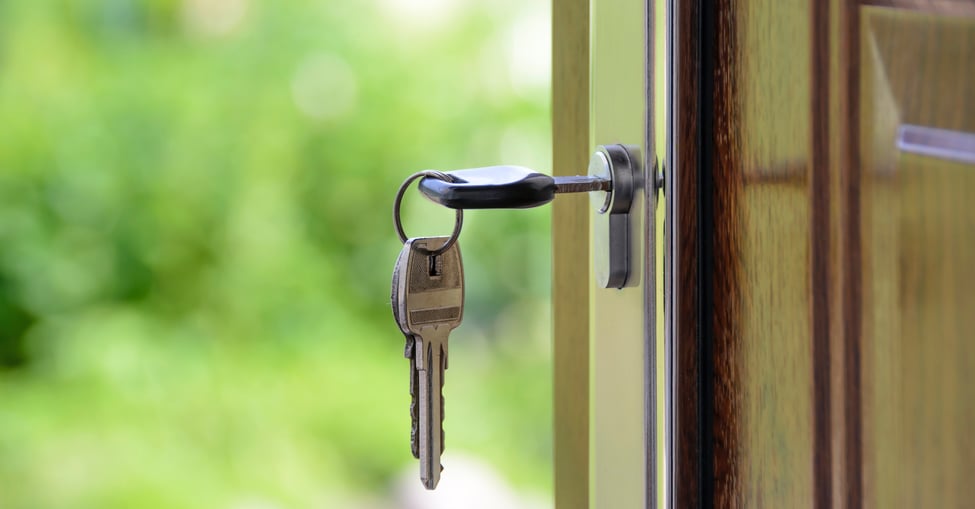Getting ready for a move can be a pain in the you know what. While the reward can be great, the process leading up to it can be quite tedious. One way to alleviate the stress and smooth the transition from your old home to your new one is to budget realistically for your move.
The days of simply renting a U-Haul and coercing a couple of buddies with promises of pizza and beer are best left in the dorm rooms of your past. As you transition into the world of adulting, you may want to consider professional movers, packers and maybe even cleaners.
Of course, if you have a strong team ready to haul furniture and you want to consider a DIY approach—you still have to account for how you will pay for the rental, the pizza, and the beer.
Whatever you need to do to make the move smooth, you want to be able budget and pay for it. Here we are going to share with you our top six tips on how to budget for your move.
1. Start Early
As soon as you start planning a move, start budgeting for it. With as many costs as there are involved, the sooner you start planning for them, the better off you will be.
2. Make a Working Budget Template
You can use an excel spreadsheet, a record keeping notebook or even just a plain old notebook. Pro tip for users of Microsoft Office, Microsoft has downloadable templates for a variety of budgeting purposes. Use whatever medium works best for you, as long as you use it!
3. Estimate the Cost of Everything
Aside from the obvious expenses of hiring a truck to move your belongings, there will be other surprise things that come up. Along with moving company expenses, which will be a big chunk of your budget —there can be extra costs associated with that, like fees for moving bigger furniture, or adding extra insurance for your high value items. Ask a couple of moving companies for free quotes compare them and go with the service that best fits your budget and needs.
Packing costs can also add up if you aren’t prepared for them. You will need boxes, packing tape, and bubble wrap to start. You might also want to invest in storage bins that are more durable, and can be easily stacked and put away for future use once the move is over.
4. Factor in Move Related Expenses
Will you want to save yourself the time and effort of cleaning your old home? What will you need when you move into your new home? Furnishing? Bedding? Appliances? Think ahead about what you will need to replace or add to your new space so you can be prepared for little expenses that will add up quickly.
5. Don’t Forget New Security Deposits
You may have to put down new security deposits for things like electricity and water. Be prepared for those by contacting your utility companies right away so you can factor in those additional funds.
6. Expected the Unexpected
Have a just in case fund. Just in case through all of your careful planning and budgeting something unexpected comes up. That way you will have the last laugh, because you not only expected the unexpected, you budgeted for it!
Once it’s all over, and you are enjoying the fruits of your careful planning in the comfort of your new home… it will all be worth it.
- Submenu for Blog Details
- Home
- Communities
- Listings
- Sellers
- Buyers
- Map Search
- Blog
- About
- Contact

